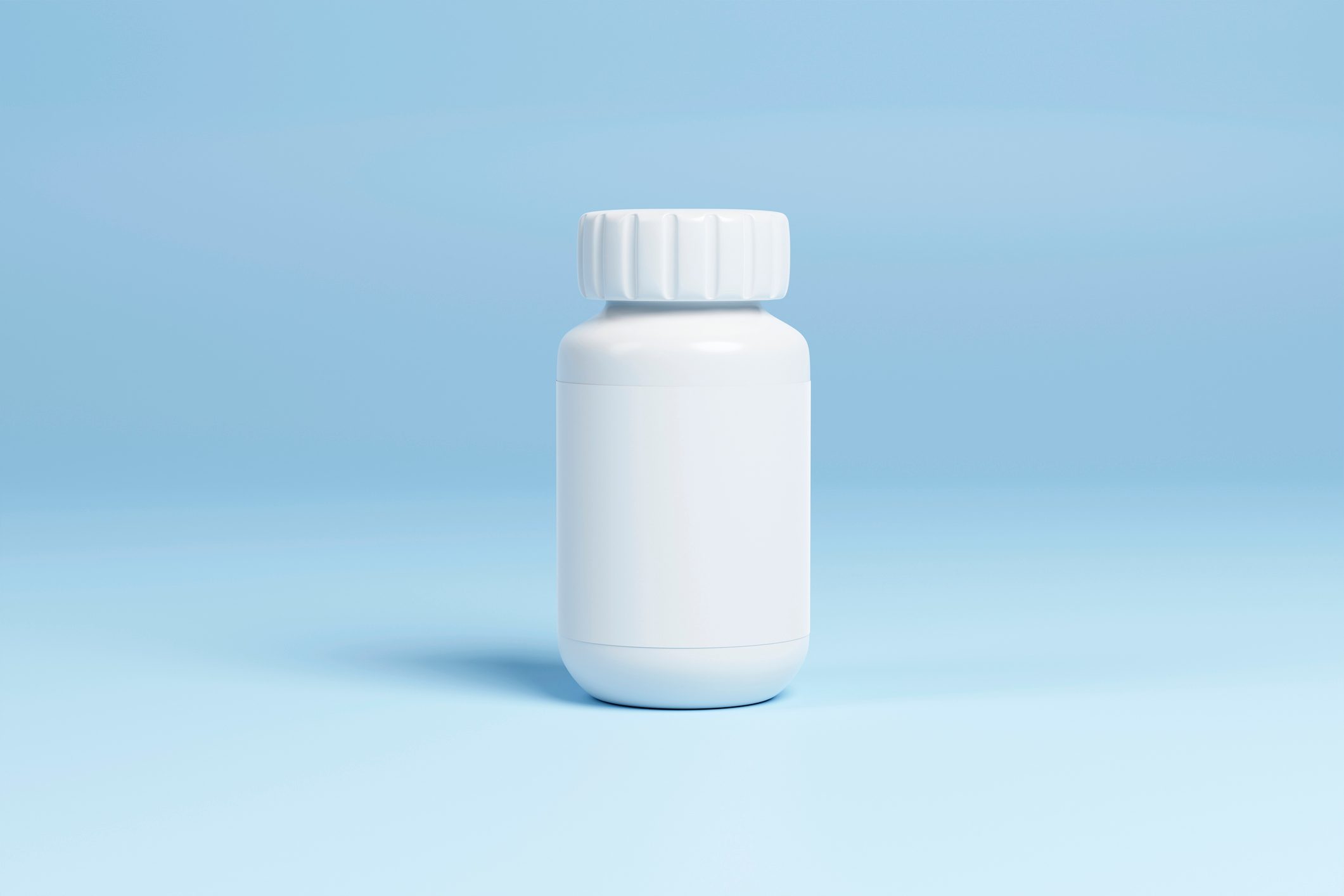It's the third hypertension drug we've seen recalled in a month, with scientists flagging "global safety concerns" associated with this beta-blocker.

Another Blood Pressure Medication Has Been Recalled Due to Potential Cancer Link

If you’re one of the 116 million Americans that Cleveland Clinic data suggests have been diagnosed with high blood pressure, the U.S. Food and Drug Administration (FDA) has a warning that one particular blood pressure medication could cause long-term health problems of another nature.
Following recent recalls on lisinopril and ramipril, on December 6, the FDA announced the recall of an unspecified quantity of Nebivolol Tablets, manufactured by Aurobindo Pharma USA Inc., an East Windsor, NJ company.
Nebivolol is the generic form of the hypertension drug Bystolic, and is classified as a type of beta-blocker. Most commonly used to help regulate the heart and circulatory system, beta-blockers also are sometimes used to treat conditions of the brain and nervous system, says the Cleveland Clinic. One pharmaceutical trade outlet says nebivolol was prescribed over 3 million times in 2022.
The recalled medications were distributed by prescription only in 30-count bottles of tablets in 2.5-milligram (mg) doses. Consumers can identify the affected products using information found on the drug’s label:
- Lot numbers: NB0224001A and NB0224001B
- Expiry date: April 2027
- National Drug Code (NDC): 59651-137-30
Sparking the recall was the discovery of deviations from Common Good Manufacturing Practice (CGMP), a set of regulations ensuring quality control. The blood pressure controlling tablets were found to have concerning levels of a cancer-causing impurity called N-Nitroso Nebivolol, a type of Nitrosamine.
Nitrosamines are organic compounds that can be found in low levels all around us, such as in our “water and foods, including meat, vegetables, and dairy products,” according to an FDA investigation. In recent weeks, higher-than-safe levels of nitrosamines turned up in over 230,000 bottles of antidepressant medications, sparking a mass recall of one of the most popular types of SSRIs (selective seratonin reuptake inhibitors).
The FDA has explained: “Some nitrosamines may increase the risk of cancer if people are exposed to them above acceptable levels and over long periods of time.” However, they say that it would take prolonged ingestion of high levels of nitrosamines to have an effect. People who ingest nitrosamines “at or below the acceptable intake limits every day for 70 years are not expected to have an increased risk of cancer.”
Less convinced of the compound’s relative safety, other scientists are sounding the alarm over what they view as a growing “crisis” of widespread nitrosamine contamination in medications. A 2023 study published in the Journal of Pharmaceutical Analysis said: “The presence of N-nitroso compounds, particularly N-nitrosamines, in pharmaceutical products has raised global safety concerns due to their significant genotoxic and mutagenic effects. … Nitrosamine impurities, even in trace amounts, are highly toxic and mutagenic, capable of damaging DNA, and subsequently increase the risk of cancer incidence.”
Used alone or in combination with other medications, the drug “works by affecting the response to nerve impulses in certain parts of the body, like the heart,” the Mayo Clinic explains. “As a result, the heart beats slower and decreases the blood pressure. When the blood pressure is lowered, the amount of blood and oxygen is increased to the heart.”
If your personal stock has been affected, the FDA warns that you should not stop taking your medicine abruptly, without first discussing it with your health care provider. “Your health care professional has a more complete picture of your health and health history and can help you make the best decisions for your care,” they write.
For daily wellness updates, subscribe to The Healthy by Reader’s Digest newsletter and follow The Healthy on Facebook and Instagram. Keep reading:




















